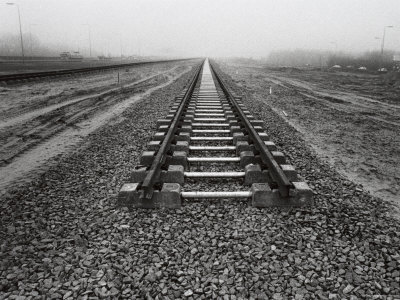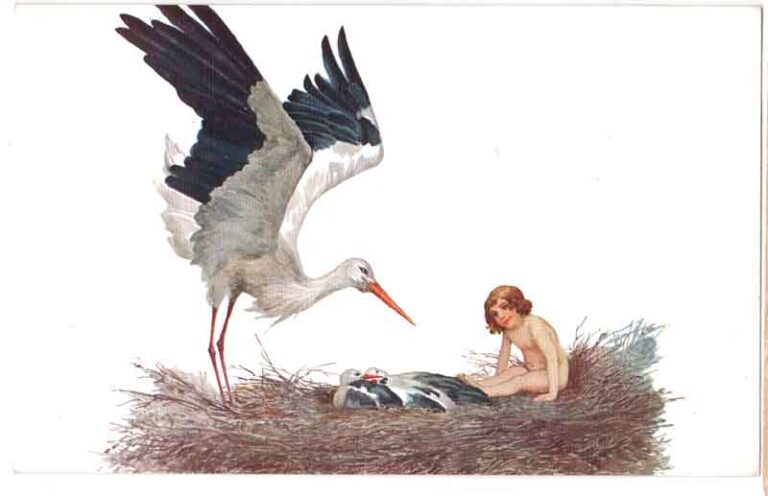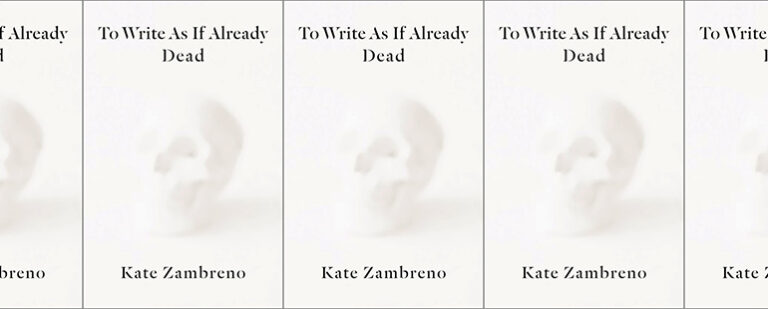The End

My Twitter timeline is big on one meme these days: me then, me now. Sometimes it’s “me in 2006, me in 2016,” but mostly it’s “me at the beginning of 2016, me at the end.” In each variation, the left-hand image depicts something or someone looking more or less intact, and the right-hand conveys its destruction. The form: you began in one piece, maybe even bright-eyed about what was to come, and you end up visibly undone, with no explanation more specific than the underlying premise of 2016 having been a garbage fire.
Each take on the meme is personal to its author (e.g. using images from a favorite film), but common motifs emerge–rapid aging, deteriorated expression, implied exhaustion, etc. It’s funny by juxtaposition: the images side-by-side suggest a sudden change, though the caption describes an entire year, which is, and isn’t, a long time. The sensations of having had a “long year” and of feeling like last year was one blink away aren’t mutually exclusive. If anything, they’re complementary, convincing us we’re always a little out of time.
We need the meme not only to make light of/document whatever deaths, rejections, and miscellaneous darknesses have accumulated throughout the year, but also to log that it’s almost over. Because as difficult as it is to stare down the barrel of a bad year, it’s equally comforting to compartmentalize pain into its own discrete unit of time, once it’s poised to end.
*
Back in October when we met for midterm conferences, I asked each of my students what they’d like to work on in the latter half of the semester. The near-unanimous answer: endings. Most had learned in high school to end a piece of writing in the space of one paragraph, by reiterating the idea with which they began, and summarizing points made prior. Now, they felt that these conclusions–while useful for demonstrating an ability to sustain focus–merely mirrored their beginnings, steering each essay in a tidy, directionless circle. They wanted to do something else.
Together, we read a handout on conclusions pulled from Harvard University’s writing center website. It says an ending should “convey a sense of completeness and closure as well as a sense of the lingering possibilities.” It should close the conversation, without closing it off. This sounds right–if suspiciously straightforward–but the alchemy isn’t exactly self-evident. What does it mean to bring something to a close, without closing it up? To close, without closing? What does it look like, on the page or anywhere else?
*
Does anyone actually like to finish a good book? We purchase whatever narrative closure an ending may offer at the cost of sustained immersion, or at least the fantasy thereof. When I set a book down, I temporarily suspend my reading practice to extend the reading experience. I never forget that the story, any story, is finite, but the desire to prolong my stay within it persists.
I looked up famous endings of novels, which is about what you’d expect. Fitzgerald’s boats borne back; Dickens’ far, far better rest; Joyce’s yes I will Yes.
I think about endings I remember by heart. The speaker of Dean Young’s poem “White Crane” indexes his reluctant familiarity with death, from the ordinary expiration of used party napkins to Bashō’s meditations on grass. The lines enjamb full, narrative sentences, up until Young shifts to a direct address:
I wonder what your thoughts were, Father,
after they took your glasses and teeth,
all of us bunched around you like clouds
knocked loose of their moorings,
the white bird lying over you,
its beak down your throat.
Rain, heartbeats of rain.
It’s hard to capture the abruptness of this move without reproducing the entire poem. But what sticks out is how Young ends–not with the revelation of the father (the “real” dead thing of which the speaker has knowledge), but with a metaphor via a fragment: Rain, heartbeats of rain. This deviation from the full sentence reads like a failure of the full sentence. Like this death, to which all other death refers, is the place where grammar necessarily falters.
Here’s a happier example: in Amy Hempel’s very short story “Weekend,” we get one late afternoon melting into evening. Kids and adults comprising at least one family play softball with the dogs. Cousin Zeke runs bases with a gin and tonic in hand. Dinner, horseshoes, cigarettes. Then,
…the children went to bed, or at least went upstairs, and the men joined the women for a cigarette on the porch, absently picking ticks engorged like grapes off the sleeping dogs. And when the men kissed the women good night, and their weekend whiskers scratched the women’s cheeks, the women did not think shave, they thought: stay.
The scene is domestic and languid, like a plotless episode of Dawson’s Creek. The dinner is simple, the conversation limited, and even goodnight gets reduced to a kiss, as everything pares down to its most painless essence. The effect would be grossly wholesome if it weren’t for Hempel’s characteristically atonal details: ticks engorged like grapes; mutinous dogs. Like a Sirkian melodrama, what seems like a romantic picture is really a picture of romanticizing, with all its implied compassion and compromise.
*
I think this is what every ending is: a compromise, between what you intend and what you manage.
The Harvard handout ends with a to-not-do list of ineffective endings: don’t summarize, don’t rely on stock concluding phrases, and, lastly, don’t apologize. “by the time you’ve finished writing, you may be having some doubts about what you’ve produced […] Repress those doubts.” To remind oneself, let alone the reader, of “other, better approaches,” is not only to undercut one’s authority, but also to belabor the obvious.
In the bad ending of this year, I reiterate my thesis and summarize my points. How do you close a thing without closing it off? You recall where you’ve been, and pinpoint where you are. In conclusion, you evoke where you’re going.
In the other ending, the fragment, the affectionate silence, I forgo narrative closure, and the desire to stay in it is enough.


